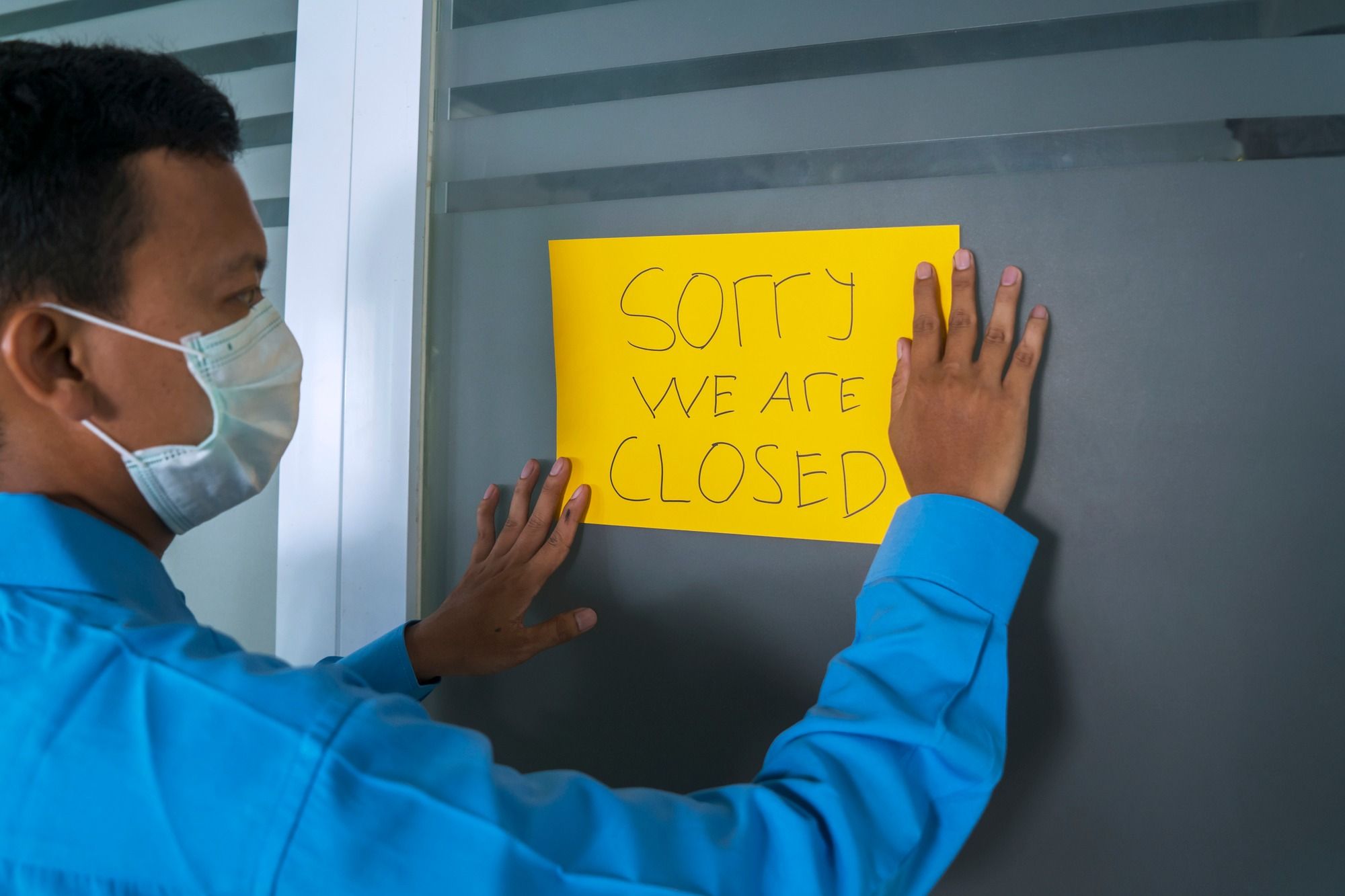Top Class Actions’s website and social media posts use affiliate links. If you make a purchase using such links, we may receive a commission, but it will not result in any additional charges to you. Please review our Affiliate Link Disclosure for more information.
More than two-million jobs are at risk in Canada as the coronavirus pandemic drags on, according to the recently formed Coalition of Hardest Hit Businesses (CHHB).
The group purports to represent those in the tourism, arts, events, and theatre industries. The Coalition says that the federal government needs to step up to support these businesses in order to bolster the economy.
Canadian Businesses Unite in Face of COVID-19 Restrictions
CHHB is composed of small to medium-sized companies including hotel, event, tourism, art, and attraction businesses run by Canadians.
According to Hotelier Magazine, the group formed in Ottawa. Reportedly, the group is hoping to prevent additional layoffs and closures in the tourism and events industries. The Coalition includes some major names, such as the Festivals and Major Events Canada, the Hotel Association of Canada, the Tourism Industry Association of Canada, and the Indigenous Tourism Association.
“Before the COVID-19 pandemic, these industries in Canada were strong, growing, and employed more than 2 million Canadians – or about every 1 in 11 jobs,” says the CHHB “But, restrictions on mass gatherings, border closures, and capacity reductions required to protect public health have impacted our industries more than others and leave our otherwise sustainable businesses in peril.”
Charlotte Bell, President and CEO of the Tourism Industry Association of Canada told VOCM that businesses represented by the Coalition were the first industries to be affected by COVID-19 restrictions and will be the last to recover as restrictions are lifted. In addition to the business owners who face closing their doors, Bell warned that millions of Canadians who are employed in these industries face unemployment and bankruptcy.
The Coalition of Hardest Hit Businesses says that the federal government should provide “dedicated support” to hardest hit businesses in Canada until coronavirus restrictions can be lifted.
Group Says End of Summer May Mean End of Business
According to the CHHB website, the end of the summer may spell the end of the road for many in the tourism industry and related businesses. They note that, as the temperatures drop, the meagre summer business they did have will drop as outdoor spaces become unavailable.
The group points out that this predictable seasonal drop in business coincides with the end of a federal wage subsidy program.
“The Canada Emergency Wage Subsidy (CEWS) program has been a critical lifeline for our industries, and the more than 2 million Canadians we employ,” states the CHHB website. “The planned phase-out of CEWS beginning in September aligns with when our businesses will face a seasonal drop in demand.”
Safety is First Priority
The safety of their customers and employees remains a top concern of those in the tourism, arts, and entertainment industries, asserts the Coalition of Hardest Hit Businesses. They note that most of their workers are women, new Canadians, Indigenous people, and young Canadians. They claim that aid will help them ensure that they are able to maintain safe work environments for their employees and patrons.
Businesses Say Federal Government Needs to Extend Aid
The Coalition of Hardest Hit Businesses is asking the Federal Government to pause the phase-out of the Canada Emergency Wage Subsidy program until Spring or Summer of 2021. In addition, the group says that the subsidy rate for the businesses it represents should be increased.
Indeed, according to VOCM, many of the meetings, conferences, and other events scheduled for 2020 have been rescheduled as far out as 2022 or cancelled outright. This represents billions of dollars to the tourism and event industries in Canada, who saw these revenue sources dry up “overnight.”
“Our sectors are different,” pointed out Susie Grynol, president of the Hotel Association of Canada in a presentation reported by Hotelier Magazine. “We cannot offer curbside pick-up, e-commerce or pivot to manufacture new products. We are fundamentally people-facing businesses, which limits our ability to function during a global pandemic. We understand that ongoing restrictions are necessary and we support them but COVID-19 continues to create depression-era economic conditions in our sector.”
COVID-19 Legal Guide
As the coronavirus pandemic continues into the fall months with no end in sight, consumers are seeking answers to their COVID-19 legal questions. TCA is working to maintain up to date information for consumers with their guide to coronavirus outbreak legal issues.
Do you work in an industry that has suffered under coronavirus restrictions? Do you think the federal government should offer aid to these businesses? Tell us what you think in the comment section below!
ATTORNEY ADVERTISING
Top Class Actions is a Proud Member of the American Bar Association
LEGAL INFORMATION IS NOT LEGAL ADVICE
Top Class Actions Legal Statement
©2008 – 2024 Top Class Actions® LLC
Various Trademarks held by their respective owners
This website is not intended for viewing or usage by European Union citizens.


















